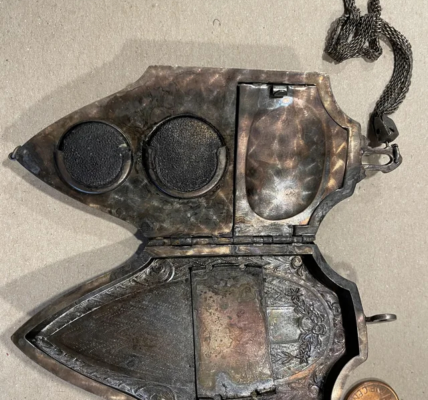This Object Looks Familiar, Doesn’t It? If You Recognize It, You’ve Lived Through Some Interesting Times! Let’s Uncover Its Story-s1
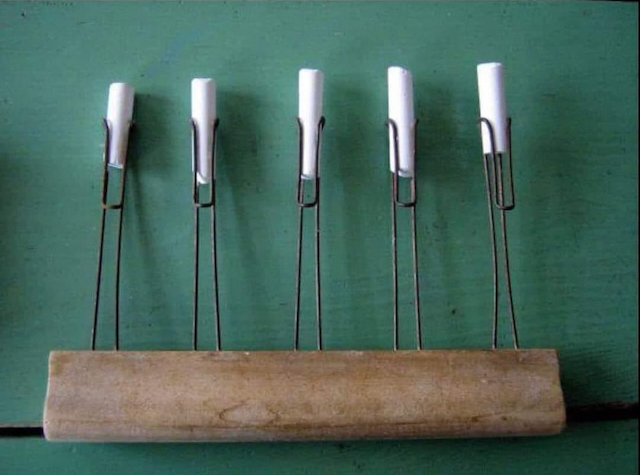
Do you remember this vintage item? It’s a simple-looking tool that holds a world of memories for those who grew up with it. If you recognize it, you’ve probably seen it in action, and it might take you back to some nostalgic moments. The story behind this object is more intriguing than it first appears. From its unique design to the special role it played back in the day, there’s so much to uncover. Let’s dive into its history and why it was once an essential item for everyone!
The Legacy of the Vintage School Chalk Holder
In a time before digital classrooms and interactive whiteboards, the chalkboard was the heart of every classroom. And with the chalkboard came the invaluable vintage school chalk holder. This simple, yet innovative tool, composed of metal wires and a wooden handle, was designed to neatly line up pieces of chalk, allowing teachers to draw straight lines or grids on the board. Its construction was uncomplicated, yet it played an essential role in creating the well-organized learning spaces of the past.
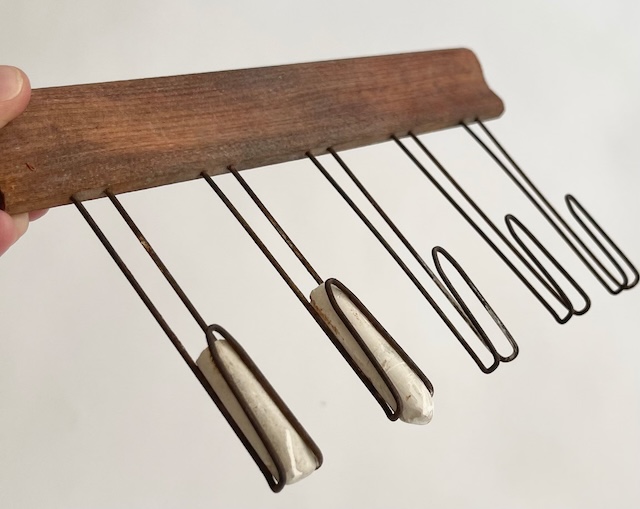
The Role in Daily School Life
Do you remember the feeling of walking into a classroom filled with neatly drawn lines on the blackboard? The vintage school chalk holder made this possible. Teachers relied on this tool for creating charts, tables, and practice lines, especially in elementary schools. The design held several pieces of chalk at once, enabling the drawing of multiple lines simultaneously. This seemingly small task had a significant impact on students’ learning, teaching them handwriting, mathematics, and even music scales.
A Testament to Creativity
The vintage school chalk holder is a testament to the ingenuity of past educational tools. In the days when every teacher was a chalk artist, this tool made it easier for them to create structured and legible notes for their students. It was especially important during art classes or in schools that emphasized cursive handwriting. You might remember your teachers using it to make beautiful calligraphy guides or to quickly sketch staff lines for music classes.
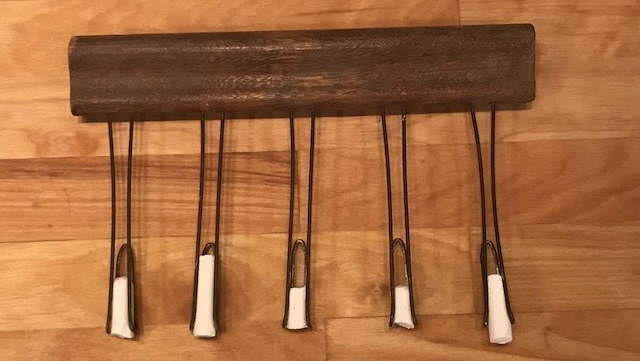
An Object with Interesting Stories
Some might think of it as a mundane object, but the vintage school chalk holder has interesting stories tied to it. For example, during the 1960s and 70s, teachers would often share tips on how to create the perfect line spacing for handwriting exercises. It wasn’t uncommon to see holders customized with different chalk sizes and even wrapped handles for comfort. Students, on the other hand, were fascinated by the precision and neatness it provided, making every classroom lesson feel a bit more magical.
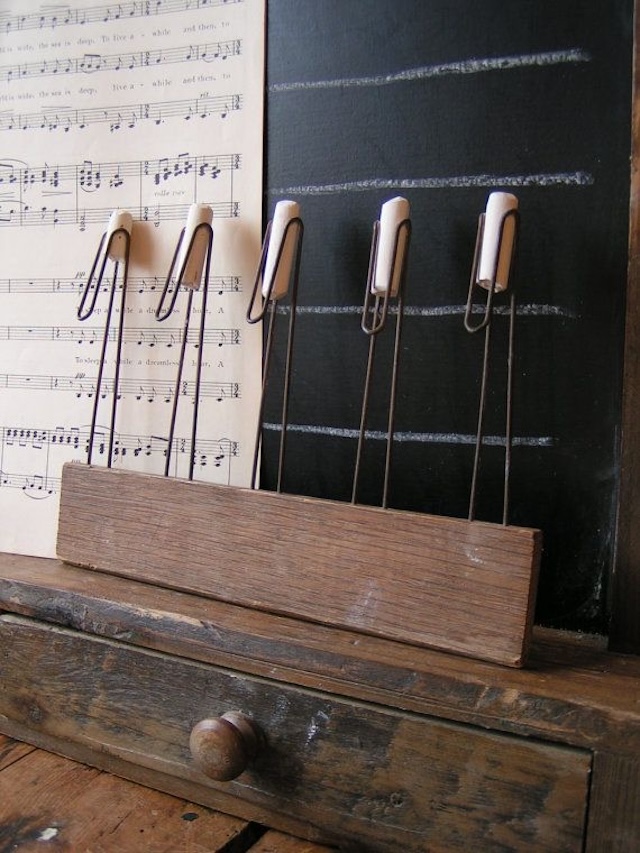
Conclusion
While the vintage school chalk holder may now seem obsolete, it holds a special place in the memories of those who experienced its presence in the classroom. It represents an era when teaching relied on simple tools to inspire young minds and when the creation of neat lines on a blackboard could evoke a sense of discipline and learning. Today, this tool stands as a nostalgic reminder of educational practices of the past and the creativity embedded in old-school teaching methods.

